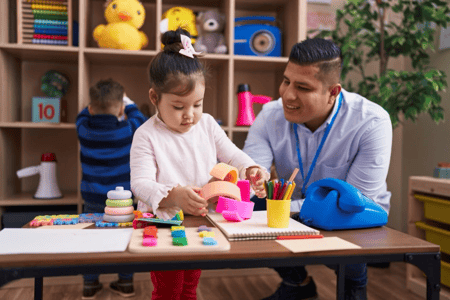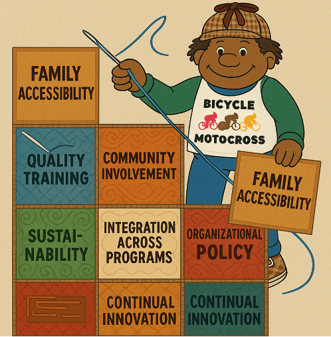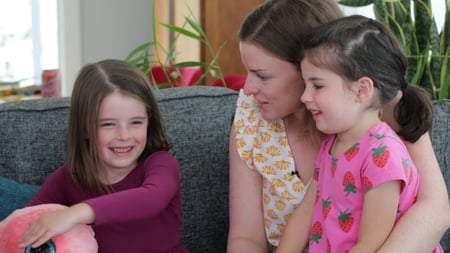How the Well-Baby Program Supports Healthy Child Development

Check out our blog for social-emotional learning articles, news, and more!
In 2002, despite recent efforts to curtail the number of children placed in out-of-home care, there were 532,000 children in foster care in the United States (U.S. Department of Health and Human Services, 2004). There is a growing literature demonstrating the extensive mental health problems of foster children, particularly their high risk for externalizing and conduct difficulties, including noncompliance, aggressiveness, and emotional liability. For example, according to the most comprehensive study of children in the child welfare system to date (National Survey of Child & Adolescent Well-Being Research Group, 2002 47%), of foster children between the ages of 2 and 15 show elevated (T score of 64) rates of externalizing problems in the CBCL (Child Behavior Checklist; Leslie, Hurlburt, Landsverk, Barth, & Slymen, 2004). In a study of 426 children (ages 6 to 17) involved in the child welfare system in California, 42% had a psychiatric disorder, mostly attention-deficit/ hyperactivity disorder and/or disruptive behavior (Patterns of Care; Garland et al., 2001).
It has long been known that problematic children have an impact on their parents’ behavior in reciprocal ways; children with externalizing problems (i.e., noncompliance, oppositional behavior, aggressiveness) elicit less positive and more negative discipline practices (Forehand, Miller, Dutra, & Chance, 1997). Negative mother-child interactions escalate into coercive cycles that deteriorate over time unless they are altered through effective parenting training (Patterson, DeBaryshe, & Ramsey, 1989). Over the past 2 decades, research has demonstrated that parent training based on social learning principles is one of the most successful interventions in the treatment and prevention of child externalizing problems (e.g., aggression, noncompliance; Horwitz, 1994).





